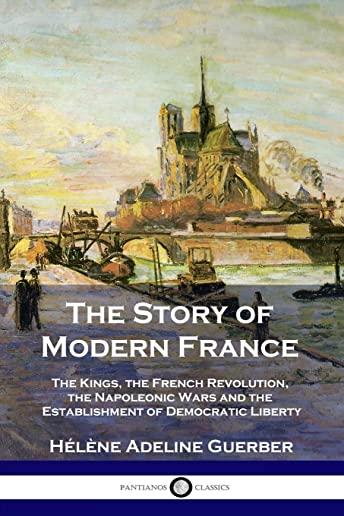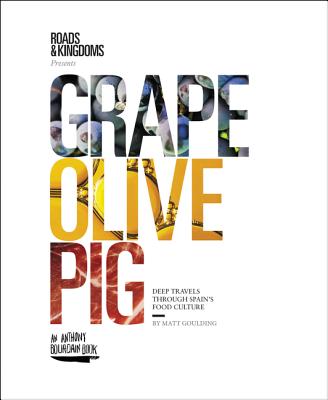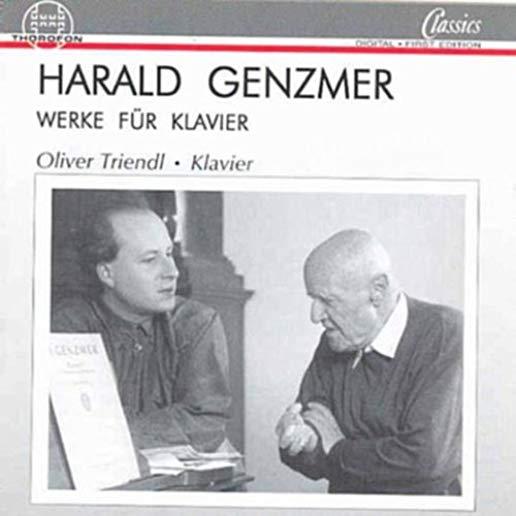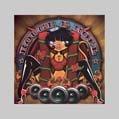
Guerber, Hélène Adeline
France in the mid-1700s was a nation strained with the effects of social and economic decay, ruled by a monarchy perceived as extravagant and uncaring of its people. The French revolution spanned several years, its bloodiness and horrors - and conclusion with mass executions by guillotine - was a significant event that shook the entire European continent. From the chaos sprang a new ruler: Napoleon - a military man who sought to propel France to greatness through conquest.
Hélène Guerber describes these visceral events well, offering a complete narration of France's turmoil and the campaigns of Napoleon. Following Napoleon's eventual defeat at the Battle of Waterloo in 1815, the focus turns to the various conflicts and colonial aspirations of France in the 19th century. The achievements of the nation are also alluded to, especially the ideals of social progress - the famous motto "Liberty, Equality and Fraternity" would define the spirit of a modern, democratic France.
The history concludes on a bright note; the great architectural and scientific feats like the emblematic Eiffel Tower and France's pioneering aviators. Throughout, some 37 drawings and photographs accompany Guerber's narration.







